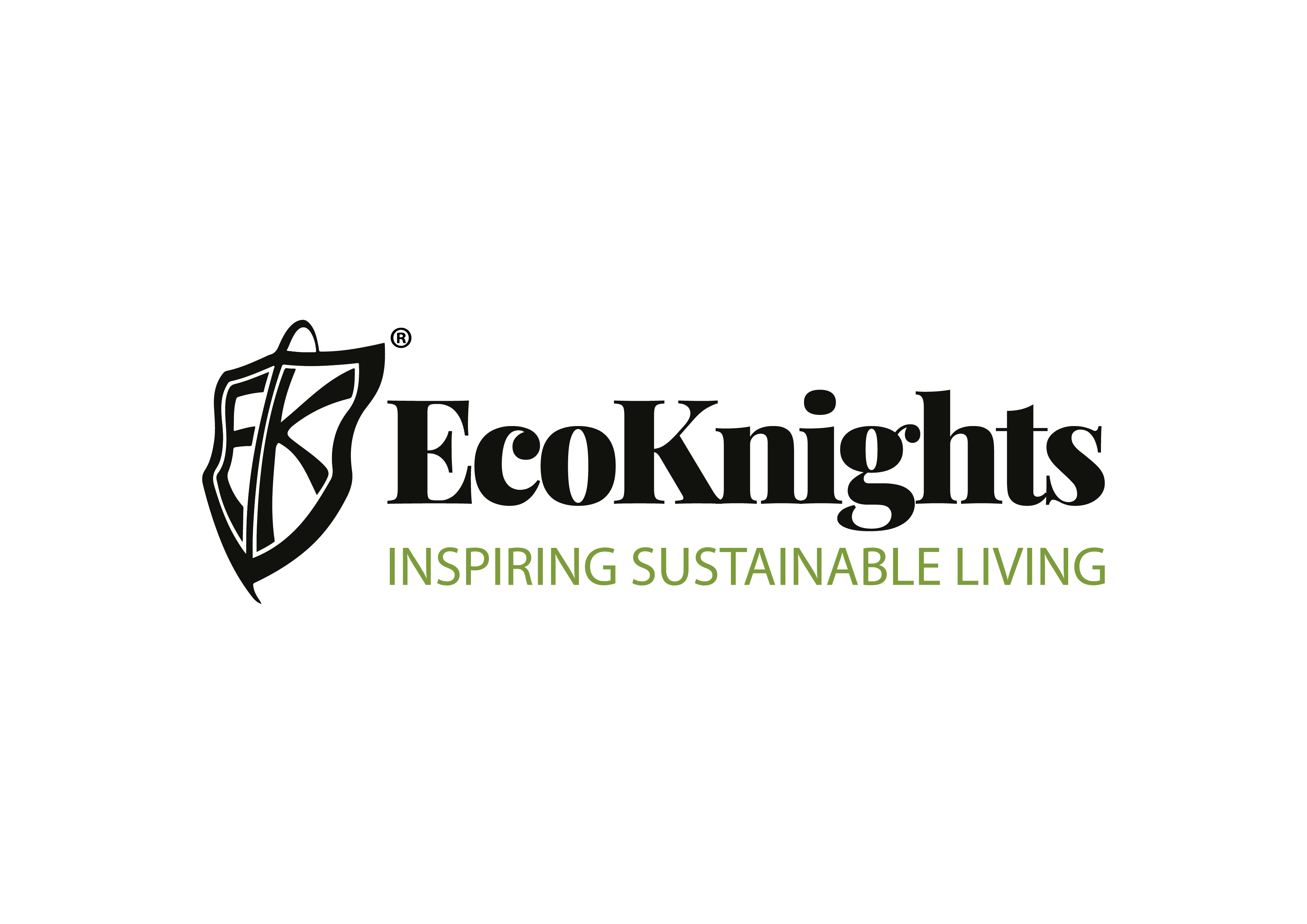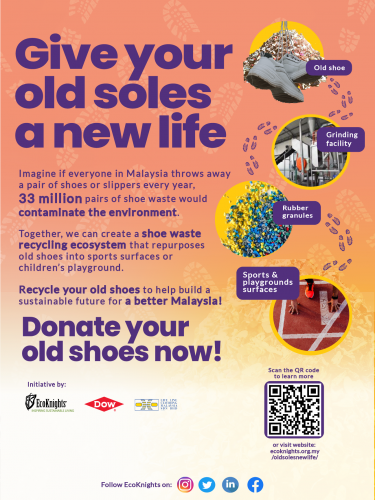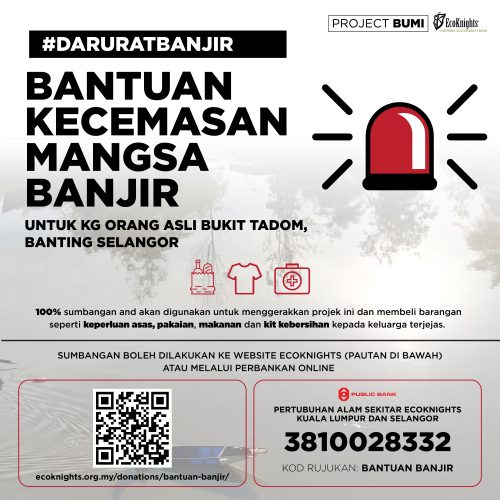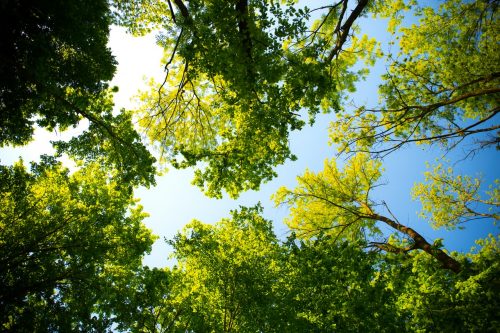Three Time’s A Charm…
- EcoKnights
- February 22, 2019
- 6:30 pm
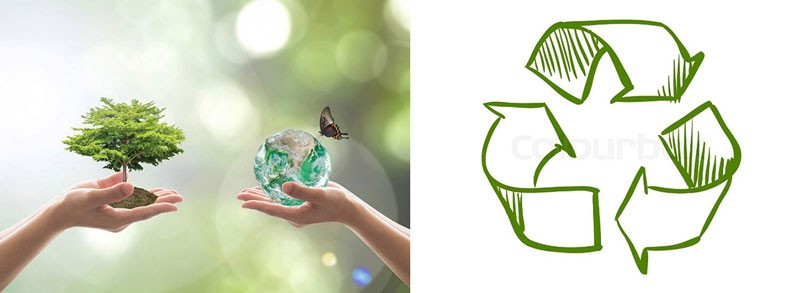
Category: News
Published: Friday, 22 February 2019 18:30
by Teoh Wei Jiet
…is what people usually say and it is no different here in our third month of 2019. It is the month where the trifecta of nature march in (pun intended), with the International Day of Forests, World Water Day, and World Wildlife Day all being celebrated this very month!
The first of the three which falls on 3rd March is World Wildlife Day, to celebrate and spread awareness about the Earth’s wild flora and fauna. In 2019, the UN has selected “Life Below Water: For People and Planet” as its theme. Hence, it is the perfect time to cherish and reflect on the times we have taken Mother Nature’s greatest resource for granted, with the ocean sustaining humankind for millennia; from providing food, materials for handicrafts, and also enriching our lives culturally, spiritually, and recreationally. It is also the first World Wildlife Day to focus on life below water.

Coming in next on 21st March is the International Day of Forests. In the seventh year celebrating this day, the theme is ‘Forests and Education’ which focuses on raising awareness about how sustainably managed forests provide a wide array of contributions. It is the day where people usually celebrate by engaging in activities involving forests and trees, such as tree-planting campaigns. Also, last but not least is World Water Day, which falls on the following day, 22nd March, an annual UN observance day which highlights the importance of freshwater. “Leaving No One Behind” is this year’s theme, which aims to tackle the issue where safe drinking water is still inaccessible to billions of people worldwide. It is an adaptation from the central promise of the 2030 Agenda for Sustainable Development; as sustainable development progresses, everyone must benefit.
The World Wildlife Day, the International Day of Forests, and World Water Day, all in one month. Thinking of planning the number of activities that can be done in conjunction with these dates can be overwhelming, not to mention the amount of time and effort required. However, there is a simple thing that every person is able to do at home to help, both directly and indirectly, and goes a long way in celebrating all 3 days. You guessed it, it also comes in threes; reduce, reuse, and recycle.

Too many people overlook the importance and impact of recycling, thinking that whether a single person recycles or not does not matter. As a matter of fact, it does. The 3 R’s of recycling require a collective effort from each and every one of us for it to have the most impact on our lives and the lives of generations to come.
Reducing is the first R and could well be the most important one. As we reduce the amount of waste we produce, we automatically reduce the amount of waste we have to recycle. This includes reducing, or even better refusing, environmentally harmful and non-biodegradable goods such as plastic straws. A single straw takes at least 200 years to decompose, and 1 million seabirds and 100,000 marine life die from ingesting plastics which end up in the ocean in a single year.
Items that you no longer want or need does not mean it has lost its value. As the saying goes, one man’s trash is another man’s treasure. Many items including books, clothing and furniture are more than welcomed at institutions like The Salvation Army and orphanages. There are many other ways to reuse items at home. Repairing broken items instead of replacing them, reusing margarine tubs as storage for small items, and even reusing yoghurt cups as small pots for growing seedlings. All these are a few great examples of reusing household items.
The last R is recycling, a term we tend to ignore although we see and hear it far too often. As with everything on this planet, its resources are finite. Recycling is one of the most effective ways to minimize our consumption of said resources while reducing the damage we are doing to our world. Segregating wastes and trash at home is key to effective recycling. Instead of bagging kitchen and food waste from homes and throwing them away, they can be collected together with other organic wastes and composted to be used for your garden as fertilizer. Inorganic waste such as plastic, glass, and tin cans are easily separated to be disposed of in their respective recycling bins. Even simple things such as choosing products and environmentally friendly products which come in recyclable packaging can go a long way.

Reducing, reusing, and recycling waste plays an enormous role in saving the planet. Human beings are the biggest consumers on this planet, and therefore it is our collective responsibility to reduce the harm we have done. By practicing these 3 R’s, we are doing our own part to save the world; we are helping forests grow by reducing the amount of greenhouse gases being released into the atmosphere, we are saving animals both above and below water, we are reducing the number of polluted rivers and oceans, in turn providing the rest of the world access to clean water.
Climate change is getting more and more apparent, natural disasters are occurring more frequently, sea levels are rising with each passing year. The road is paved with red flags, and we must not point fingers and be ignorant. We may not be the heroes Mother Earth deserves, but we may very well be the heroes she needs. If we stand together and do our part in soldiering for a greener cause, we can all be Knights in saving the world.
Share this content
